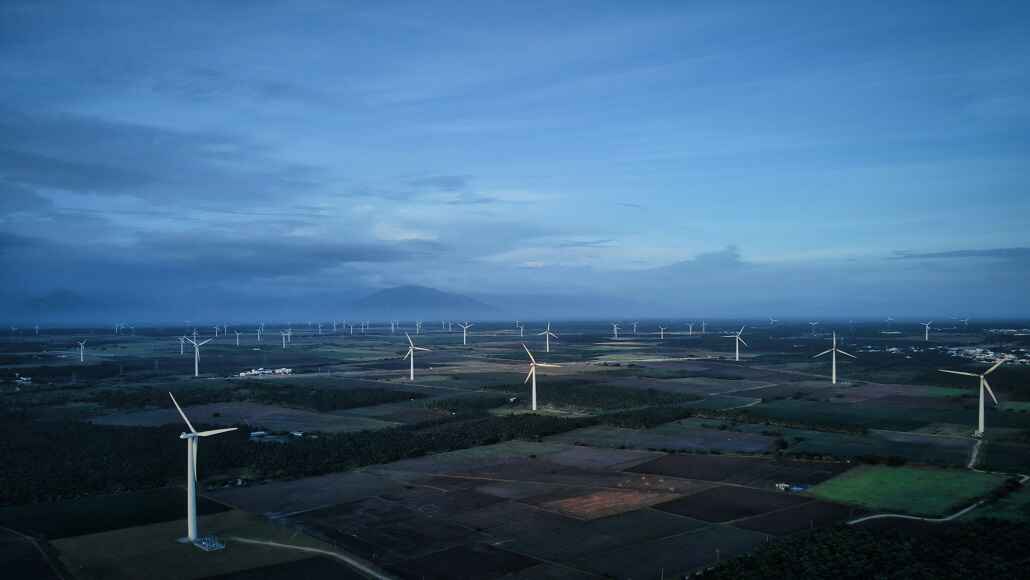Clean Energy Reaches New Heights Globally
The world’s electricity industry reached an important milestone in 2024, as clean global energy for the first time in history exceeded 40% of all electricity generated. This is primarily fueled by a remarkable expansion in solar energy, which now stands as the dominant force of the world energy transition. Solar power generation has doubled in the last three years and now adds over 2,000 terawatt-hours (TWh) every year. Overall renewable energy generation experienced increases of 858 TWh in 2024, which was a record year for clean energy.
Phil MacDonald, Ember’s Managing Director, had characterized solar power as the “Solar power has become the engine of the global energy transition” because of its pivotal role in addressing climate change. Nonetheless, heightened electricity demand, along with extreme heat, caused a minor increase in fossil fuel generation, resulting in a record high level of emissions from the power sector. This puts emphasis on prolonged efforts in phasing out fossil fuels altogether even as renewable energy continues to expand.
Europe Sees Warmest March on Record
Europe recorded its warmest March ever in history, with average surface temperatures of 6.03°C, 2.41°C above the 1991 to 2020 30-year average. This also represented the second-warmest March on record worldwide, after March 2016. Significant warming was also observed in the Arctic, which increased concerns about the rapidly intensifying consequences of climate change.
Given the increasing frequency of such aberrations, this temperature increase emphasises the urgent need for global climate action. To stop the growing threats of global warming, policymakers and environmentalists are urging the reduction of greenhouse gas emissions.
Changing Climate Policies in the United States
In a sudden move, the United States pulled out of international negotiations on shipping decarbonization and cut its climate-related funding and personnel. These actions are a reflection of an international policy shift in global climate leadership and bring into question the potential consequences for international climate agreements. Environmental organizations have protested these actions as the U.S. is critical to the development of global climate governance.
Meanwhile, Brazil has announced preliminary talks for the COP30 climate summit, set to take place in October 2025. These discussions are expected to lay the groundwork for more ambitious climate goals, especially in the face of mounting global pressures to accelerate decarbonization.
AI and the Climate Connection
Although technology is commonly praised as a catalyst of improvement, it also threatens sustainability. Growing electricity demand for the manufacture of AI-specific chips in East Asia at an explosive rate is being filled almost entirely by fossil fuels, creating concerns regarding the climate significance of this emerging need. Advanced technology, including artificial intelligence, further requires balancing its environmental cost with its integration to accommodate worldwide climate aspirations.
Clean Global Energy: A Defining Trend
From solar growth to international policy shifts, the world is witnessing a transformational rise in clean global energy. Yet, challenges—from fossil fuel dependency to rising tech-related emissions—must be addressed in tandem.
Towards a Green Future
Notwithstanding these setbacks, noteworthy progress in clean energy and climate action continues to offer optimism. The World Economic Forum is actively spearheading global action through partnerships, innovation, and focused initiatives to hasten the adoption of clean energy and sustainable practices. Initiatives aimed at scaling up renewable energy in developing economies like Brazil, Indonesia, and Nigeria are becoming the focus of the transition of the world towards sustainability.
The clean energy revolution is key to mitigating the effects of climate change and to having a secure sustainable future. Nevertheless, it is apparent that more cooperation, creative policy, and international commitment to sustainability are essential in order to transcend the obstacles and challenges that still face us. The clean energy revolution is no longer optional—it is the foundation of clean global energy that will define the planet’s future.




































